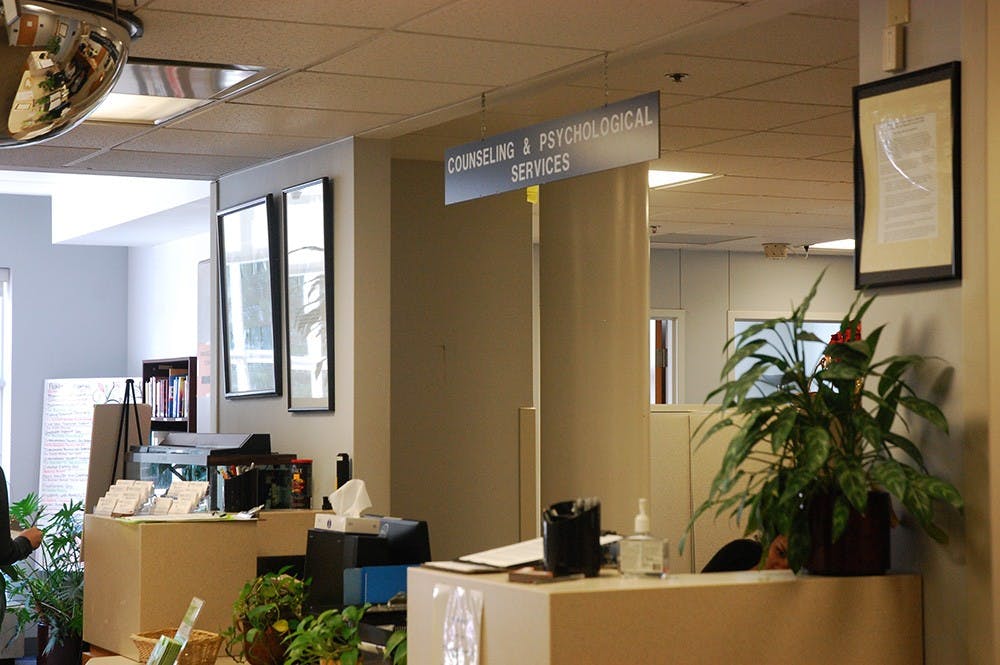In what Counseling and Psychological Services Director Tim Davis has termed an “all-out blitz,” the University has been aggressively working to reduce suicide risk and build prevention efforts following a difficult fall semester, involving both Counseling and Psychological Services and Madison House in the process.
Davis said the entire department has been discussing short-term and long-term actions to decrease the suicide risk at the University after a trying fall.
“Starting in the second week of January, there have been suicide awareness talks — 30 of those in the past five weeks,” Davis said. “We’ve had three large training sessions open to all faculty members. We are really sprinting to get the word out.”
Andrea Iglesias has been hired from the University of Colorado-Boulder to fill a new CAPS position, assistant director for outreach. In this role, she will focus entirely on suicide prevention and facilitating long-term prevention efforts.
Even though last semester saw an increase in the risk of student suicide, the University is known to low-risk overall, Davis said.
“If we look at to the fall, we look like we’re in bad shape, but if we look to the 10 year, we are at a very low rate of student suicides,” Davis said.
Davis said the heightened risk comes as the culmination of multiple traumatic events.
“Whenever there is a suicide on campus, then you are at more risk,” Davis said. “Especially with such a close-knit community and then you mix in Hannah [Graham]’s tragedy and the Rolling Stones article.”
HELP Line, a student hotline run through Madison House, also helps to deal with suicide prevention on Grounds, among other issues.
HELP Line Head Program Director Stephen Giannotti, a fourth-year College student, said there is an extensive procedure to address calls.
“Suicide is one of the things we train [for],” Giannotti said. “If [callers] don’t have the means with them we try to get them thinking about something else, give them someone to talk to.”
Operators are prepared to speak to callers about a broad range of issues, from sexual assault to suicide to questioning one’s sexual orientation.
“[Suicide is] not the only call we exclusively cater to,” Giannotti said. “[We address] any issue anyone wants to talk about.”
The hotline is non-directive, so operators do not tell callers what to do. Instead, they attempt to provide a listening ear for the caller.
“[We’re] more of a sounding board for [callers],” Giannotti said.
Although not affiliated with the University, the hotline has made attempts to reach out to the larger University community.
“Since we’re a nonprofit, we’re more on our own,” Giannotti said. “The University hasn’t really reached out to us [with suicide prevention efforts].”
Giannotti said they have an outreach team of 10 to 15 people who present appeals to CIOs and student groups around Grounds.
“[We appeal to] anything student led, and we try to reach out to every department,” Giannotti said. “[After the events of last semester] the E-school reached out to us, [and we] did a lot of talks to specific buildings within the E-school last semester.”







